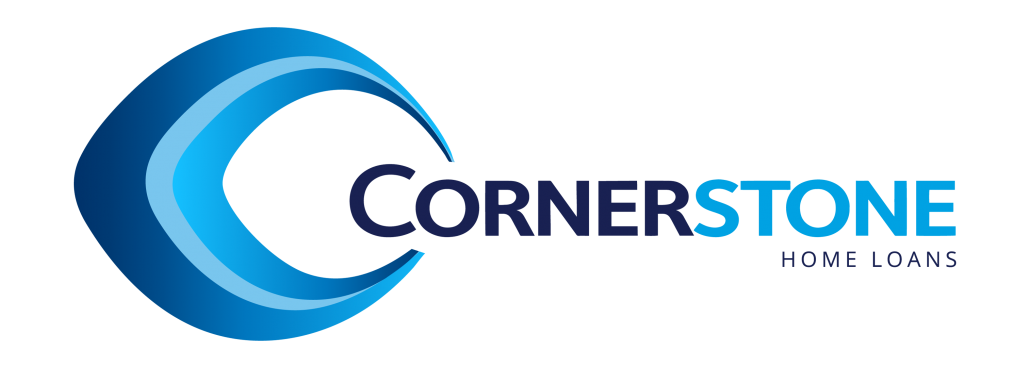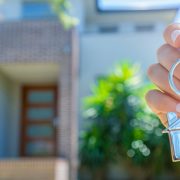What happens when you rent out your home?
What happens when you rent out your home?
While you live in your home you are generally free of any tax consequences.
If you sell it, you should get the principal place of residence capital gains exemption.
While you own it, none of the expenses associated with owning the home are tax deductible.
But once you decide to rent it out the situation changes.
Income tax implications
If you rent it out, the net rental income needs to be declared in your tax return just like for any other investment property.
You can claim running costs like rates and water as well as non cash costs such as depreciation.
Have a chat to your accountant about what is claimable.
Where the property is jointly owned, the split of rental income has to match the ownership interest. You cannot split it all to one family member arbitrarily.
You can claim back interest on the loan that was used to originally buy the property. However, this isn’t always as simple as it first appears.
Continue to read on to find out why.
The home loan may not be entirely tax deductible
If you have a loan, you are limited to claiming interest on the loan value before any other drawings. That is, the balance of the loan that was originally used to buy the property.
For example, you bought the home with a $400,000 loan and paid back $100,000 of it over time. Then you redraw $50,000 to buy a new car. Although your loan is $350,000, you can only claim interest on the $300,000 that relates to the original purchase.
You can help get around this issue by using an investment loan offset account.
Capital gains tax implications
If you move out of your home and buy another home to live in, then the old home becomes a taxable asset. When you sell it you need to calculate the capital gain made on the sale, but this gain is reduced proportionately based on how long you used it as your home.
For example, you lived in the old home for 15 years and rented it out for 10 years. Your capital gain is reduced by 60% (15 years lived in / 25 years owned).
If you move out of your home and rent another home, then the old home becomes a taxable asset. When you sell it you need to calculate the capital gain made on the sale, but this gain can be reduced.
First, it is reduced proportionately based on how long you used it as your home. Second, you can choose to treat the property as your principal place of residence for up to 6 more years after moving out, provided you do not buy another home to live in.
For example, if you lived in the old home for 15 years and rented it out for 10 years. You choose to apply the extra 6 year exemption. Your capital gain is reduced by 84%: (15 years lived in + 6 year extra exemption) / 25 years owned.
Renting out part of your home
Do you own a two or three bedroom property? You can rent out your extra rooms to help pay your mortgage, however you need to speak to your accountant to confirm how this will affect your income tax and capital gains tax liabilities.
You will need to declare your rent income on your tax return and you can deduct expenses such as the interest on your investment loan, council rates and water rates. You can only deduct a proportion of the expenses depending on what percentage of the property is rented out.
Since, your principal place of residence is now producing an income this may mean that you will pay some capital gains tax when you sell the property.
Before you rent out your spare room, call your accountant and confirm exactly how the Australian Tax Office (ATO) will assess your situation. If the capital gains tax liability is too high then this may negate any benefit from the rent income that you receive!
Speak to an accountant
This information is general in nature and we recommend that you speak to an accountant prior to renting out your home or purchasing an investment property.
We recommend investors obtain financial advice specific to their situation before making any investment or decision regarding their finances.




